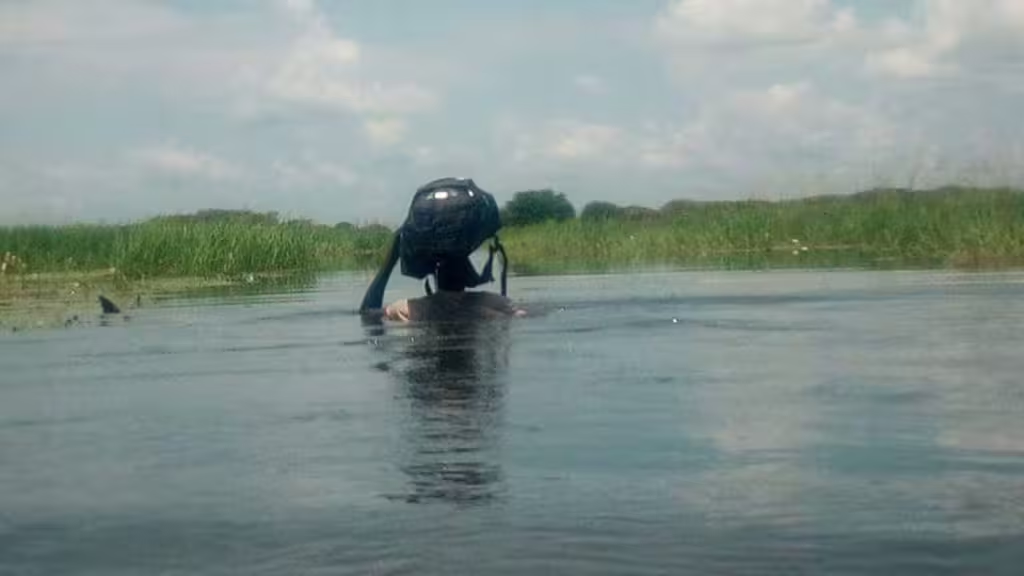The local authorities in Pochalla South County in the Greater Pibor Administrative Area (GPAA) have decried a dire health situation amidst rising floodwaters.
Speaking to Radio Tamazuj on Friday, Amen Opiew, the county health director, said an alarmingly high number of patients are presenting with acute watery diarrhea and malaria amidst drug shortages.
“The flooding has increased cases of diseases like acute watery diarrhea and malaria. We have seven health facilities including the county hospital. Daily, we receive 60 malaria cases, 20 or more with acute watery diarrhea and 15 cases of skin infection, across the county,” he said. “Generally, we have antibiotics and ant pain drugs but we are running low on malarial drugs. For skin infections, we have nothing and the situation may only get worse because there is no clean water supply.”
Otho Okoti, the Pochalla South County commissioner, said the flooding started late last month and has continued to sweep across the county, worsening the already dire humanitarian situation.
“These floods started on 24 September after the overflow of the Oboth and Akobo rivers and killed a woman and a man. As we speak, floodwater levels are reducing in some parts but the problem is that farms are destroyed and skin diseases and malaria cases are high,” he stated.
“For every 10 people one sees, about four are suffering from a disease. We are calling on aid agencies to assess our situation and see how they can intervene.”
On her part, Munira Abdel-Wuhab Suleiman, a lawmaker representing Pochalla in the National Legislative Assembly, also decried a dire humanitarian situation and appealed for intervention.
“There is flooding across our county, however, our situation in Pochala is different from the rest of the country because our roads have been cut off,” she said. “Pochalla and the GPAA have been suffering from the flooding for the past two years. Locals are bearing the full brunt because floodwaters get polluted due to ongoing illegal mining activities. So we are calling on well-wishers and aid agencies to assess the health situation before it deteriorates further.”




